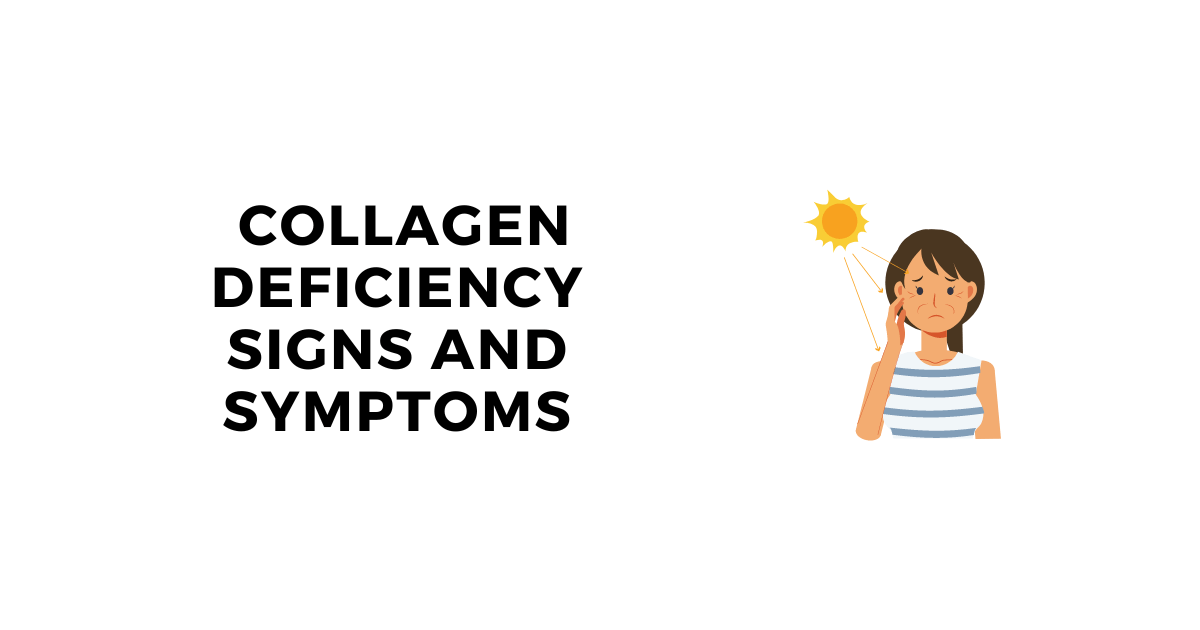
9 Collagen Deficiency Signs and Symptoms & How to Fix it Yourself
How to Fix a Collagen Deficiency
You may be experiencing some or all of the following collagen deficiency signs and symptoms: dry skin, wrinkles, thinning hair, creaky joints or bone loss.
These problems can lead to a decrease in quality of life and even serious health complications if left untreated.
But there is good news! There are ways to increase your collagen levels and improve your health overall. This guide will show you how.
We'll delve into the world of collagen deficiency, exploring its signs, causes and potential solutions. Whether you are seeking to understand your own collagen deficiency or simply want to gain insights into this fascinating topic, we've got you covered.
Signs and Symptoms of Collagen Deficiency
Signs and symptoms of collagen deficiency include wrinkles, skin laxity, inflammation, joint pain, muscle weakness, hair loss, digestive issues and slow recovery.
Don't worry if you feel overwhelmed by the list, I'll go through each of these for you below. Feel free to skip to the section that affects you the most.
1. Wrinkles and fine lines
Fine lines and wrinkles have seemingly appeared overnight, and your once firm and supple complexion now feels lackluster and saggy. The signs of aging are becoming more pronounced, and you yearn for a solution that can revive your youthful appearance.
This was my personal experience not too long ago when I discovered that insufficient collagen was the underlying culprit behind my aging skin.
Wrinkles and fine lines are a common visible sign of collagen deficiency. That is because collagen provides the skin with its strength and elasticity.
As collagen production decreases our skin becomes less supple and firm, leading to the formation of wrinkles and fine lines. These typically appear in areas where the skin is subjected to repetitive movements, such as around the eyes (crow's feet) and mouth (smile lines).
Wrinkles deepen over time, making them more prominent. A review published in the Dermatoendocrinol in 2012 emphasized the importance of sufficient collagen production to reduce wrinkles and fine lines (1).
If you want a product recommendation, read my review of the best collagen brands for wrinkles.
2. Skin laxity
Collagen plays a crucial role in maintaining skin tightness and firmness. When collagen levels are inadequate, the skin loses its ability to retain its shape and elasticity.
This results in a condition known as skin laxity, where the skin appears loose, saggy and less toned. Skin laxity can be particularly noticeable in areas such as the cheeks, neck and jawline.
3. Sagging skin
Collagen deficiency contributes to the loss of structural support within the skin, leading to sagging. As collagen fibers weaken, the skin loses its ability to stay lifted and firm.
This can manifest as drooping skin, particularly in areas prone to gravity's effects, such as the cheeks, jowls and under the chin.

4. Skin inflammation
In some cases, collagen deficiency can lead to skin inflammation. Collagen helps maintain the skin's protective barrier function, but when levels are insufficient, the skin barrier may become compromised. This can make the skin more prone to irritation, redness and inflammation, resulting in conditions like dermatitis or eczema.
5. Joint pain
Collagen is a crucial component of our joints, providing cushioning and support. When collagen levels are inadequate, the joints can experience increased friction and wear, leading to pain and discomfort.
Collagen deficiency may contribute to conditions like osteoarthritis, where the protective cartilage in the joints deteriorates, causing pain, stiffness and reduced mobility.
A study published in the Journal of the Royal Society of Medicine in 2020 found that bones are weaker and more susceptible to osteoporosis when you don’t get enough collagen (2). Weakening bones can result in joint pain.
Another study published in the National Library of Medicine in 2019 found that insufficient collagen may result in increased joint pain and osteoporosis. Consequentially, collagen treatment showed a reduction in pain (3).
Learn more about collagen for joints.
6. Muscle weakness
Collagen plays a role in supporting muscle strength and integrity. Inadequate collagen levels can result in weakened muscles and reduced muscle tone.
This can lead to a general sense of muscle weakness and may affect physical performance and activities that require strength and endurance.
A study published in the Journal of Dental Research in 2010 found that wounds heal more quickly with sufficient collagen (4). Insufficient collagen may cause the small tears in muscles to heal more slowly, resulting in discomfort and weakness.
7. Hair loss
Collagen contributes to the structure and strength of hair follicles. A deficiency in collagen can affect the hair's health, making it more prone to breakage, thinning and hair loss.
Lack of collagen can also impact the quality of the scalp, potentially leading to dryness, irritation and impaired hair growth.
Learn more about collagen for hair growth in my article.
8. Digestive problems
Collagen is essential for maintaining the integrity of our digestive tract lining. When collagen levels are insufficient, our gut lining may become compromised, resulting in conditions like leaky gut syndrome.
This condition allows harmful substances to pass through the intestinal barrier into the bloodstream, potentially leading to digestive symptoms such as bloating, gas, abdominal discomfort and nutrient malabsorption.

I suffered from leaky gut after eating too much dairy for years without knowing I was sensitive to it. It left me gassy and sick, until I started drinking a high protein bone broth.
Years later, I can now successfully eat dairy with no issues.
A study published in the National Library of Medicine in 2009 found that insufficient collagen may result in gastrointestinal reflux disease (5).
9. Slow recovery after joint, tendon or ligament injury
Collagen is a crucial component of connective tissues, including tendons, ligaments and cartilage. If you're low on collagen, it can harm your body's ability to repair and regenerate these tissues after injury.
This can result in a prolonged recovery period, delayed healing and increased openness to re-injury. I am an ultramarathon running with chronic achilles tendon issues.
I got stuck in and endless injury cycle with ankle and achilles issues until I finally found an exercise program combined with collagen that helped.
Some of us do not convert or absorb the amino acids in collagen as well as others. As a result our joints, ligaments and tendons lack this protein. If you have a history of tendon injuries, I would get more collagen.
Causes of Collagen Deficiency
The main causes of a collagen deficiency are a poor diet, stress, poor sleep, sun exposure, autoimmune conditions, gut health issues, exercise habits, pregnancy, alcohol use or even caffeine.
Woah that is quite a list! Don't worry, I will break it all down for you into digestible chunks.
1. Poor Diet and Low Collagen Intake
A diet lacking in key nutrients can contribute to collagen deficiency. Collagen is derived from protein-rich sources like bone broth, meat, fish and seafood.
A diet low in these foods can result in insufficient collagen intake, affecting the body's ability to produce an adequate amount.
A lack of essential nutrients like vitamin C, zinc and copper, which are required for collagen synthesis, can also contribute to collagen deficiency.
By embracing simple yet powerful lifestyle changes, adopting collagen-rich dietary choices, and incorporating targeted skincare practices, I found that improving my diet and consuming bone broth got rid of my wrinkles… well helped at least.
2. Stress and Poor Stress Management
Chronic stress can have a negative impact on collagen production. Stress triggers the release of cortisol, a hormone that can interfere with collagen synthesis and degrade existing collagen fibers.
To make matters worse, poor stress management practices, such as inadequate sleep, lack of exercise and unhealthy coping mechanisms, can further exacerbate collagen deficiency.
3. Poor Skin Care and Sun Exposure
Environmental factors can influence collagen breakdown and impair its production. Excessive sun exposure is a major culprit as it accelerates collagen degradation through UV radiation.

Failure to protect the skin with sunscreen and other sun protection measures can lead to collagen deficiency. Also, improper skin care practices, such as using harsh cleansers or not moisturizing regularly, can compromise your skin's barrier and impede collagen synthesis.
4. Lack of Sleep
Quality sleep is crucial for collagen production and repair processes. Why do you ask? During sleep, our bodies undergoes essential restoration and regeneration, including collagen synthesis.
Chronic sleep deprivation can disrupt these processes, hindering collagen production and contributing to collagen deficiency.
5. Autoimmune Conditions
Certain autoimmune conditions, such as rheumatoid arthritis and lupus, can tank collagen levels. In these conditions, the immune system mistakenly attacks healthy tissues, including collagen-rich structures like joints and skin.
This immune response can lead to chronic inflammation and collagen degradation.
6. Poor Gut Health
The health of our gut microbiome plays a significant role in collagen production. An imbalance of gut bacteria, often caused by a poor diet, stress or antibiotic use, can negatively affect collagen synthesis.
Conditions like leaky gut syndrome, where the intestinal lining becomes more permeable, can lead to systemic inflammation that can impair collagen production and utilization.
7. Exercising Too Much or Too Little
Both extremes of physical activity levels can impact collagen production. This might surprise you but intense and excessive exercise can generate oxidative stress, leading to collagen breakdown.
But also, a sedentary lifestyle can contribute to collagen deficiency as lack of physical activity hampers the stimulus needed for collagen synthesis.
Striking a balance with regular, moderate exercise is key for optimal collagen production. You need to find the goldilocks zone of exercise. And remember this is different for each person.
8. Drinking Alcohol or Consuming Too Much Caffeine
Excessive alcohol consumption and high caffeine intake can have detrimental effects on collagen. I'm sure expected alcohol would cause issues, maybe caffeine is surprising?
Alcohol interferes with collagen synthesis and promotes its degradation, leading to declines.
Caffeine, in excess, can also inhibit collagen synthesis. Moderation is crucial to minimize the impact on collagen levels.
9. Pregnancy or Breastfeeding
During pregnancy and breastfeeding, your body's demand for nutrients, including collagen-building nutrients, increases.
If these nutrients are not adequately replenished through a balanced diet or supplements, it can lead to collagen deficiency.

Hormonal changes during pregnancy and breastfeeding can also affect collagen synthesis and contribute to skin changes like stretch marks.
Collagen is generally considered safe during pregnancy and breastfeeding, but too often mothers worry that collagen is bad for you when you’re pregnant or may have a negative effect on the baby.
How can you fix a collagen deficiency on your own?
So you've read this far and are convinced you might be deficient. Here are a few steps you can take to fix a collagen deficiency.
Step 1: Identify your collagen deficiency signs
Begin by recognizing the signs and symptoms of collagen deficiency in your body, such as wrinkles, joint pain or sagging skin. Identifying these signs will help you gauge your progress and evaluate the effectiveness of your efforts.
Step 2: Start taking a collagen supplement
Collagen supplements are available in various forms, including powders, capsules and liquids. They provide a convenient way to boost your collagen intake. Look for supplements that has types I and III collagen, which are most abundant in the skin, joints and bones.
If you're stuck, read my guide to the best collagen supplements for skin to get started.
Step 3: Eat plenty of collagen-rich foods
Putting collagen-rich foods into your diet can support natural collagen production. Foods like bone broth, chicken, fish, beef and pork skin are excellent sources of collagen.
Don't forget to include vitamin C to help your body absorb it properly. Foods rich in vitamin C, such as citrus fruits, berries and leafy greens, can aid collagen synthesis. A balanced diet that includes a variety of nutrient-dense foods is beneficial for overall collagen support.
Step 4: Lift Weights
Resistance training, such as weightlifting or bodyweight exercises, can stimulate collagen production and enable you to maximize the benefits of collagen production in your own body much faster.
Why is this the case? Well, the mechanical stress placed on the muscles during strength training promotes collagen synthesis, helping to strengthen tendons, ligaments and connective tissues.
I always recommend that you explore some type of resistance training into your life while ensuring proper form and technique to avoid injury. If in doubt, you can hire a personal trainer to show you some tips.
Step 5: Take care to protect your skin from the environment
Minimizing environmental damage to your skin can help preserve existing collagen. You want to protect your skin from harmful UV radiation by wearing sunscreen with broad-spectrum protection, covering exposed areas and seeking shade during peak sun hours.
You can complement these efforts by establishing a skincare routine that includes gentle cleansing, moisturizing and the use of products that have ingredients like retinol, vitamin C and peptides that support collagen production.
What vitamins and supplements can help with collagen deficiency?
Once you decide how much collagen you need to take, the next step is to decide what other vitamins and supplements would benefit you.
- Vitamin C: Vitamin C plays a crucial role in collagen synthesis. It is essential for the moving the amino acids in collagen into your tendons skin, gut and joints -- where you need it most.
- Proline and Glycine: These two amino acids are vital for collagen synthesis. Proline is found in foods like bone broth, egg whites, while glycine can be got from foods like bone-in meats, whole fish (with bones).
- Hyaluronic Acid: Hyaluronic acid is a naturally occurring substance in the body that helps maintain skin hydration and elasticity. It acts as a cushioning agent in the joints and helps retain moisture in the skin. Hyaluronic acid is found in bone broth, you can also get it in supplement form. Some of the best collagen powders have it added to the formula, so check the ingredient list.
- Silica: Silica is a trace mineral that contributes to collagen synthesis and promotes connective tissue health. It is found in foods like oats, bananas, cucumbers and bell peppers. Silica supplements, typically derived from horsetail extract, are also available to support collagen production.
- Zinc: Zinc is an essential mineral involved in collagen synthesis. It plays a vital role in stabilizing the collagen structure and promoting tissue repair. Foods rich in zinc include oysters, liver, some nuts and seeds.
- Copper: Copper is a mineral necessary for collagen production and cross-linking, a process that strengthens collagen fibers. It is found in foods such as organ meats (liver, heart, kidney), shellfish, nuts and seeds. Copper supplements can be considered under medical guidance if a deficiency is identified.
- Vitamin E: Vitamin E is an antioxidant that helps protect collagen from oxidative damage. It also supports overall skin health and elasticity. Good dietary sources of vitamin E include nuts, seeds, avocados and spinach. Vitamin E supplements can be taken to ensure adequate intake.
What are the potential complications of collagen deficiency?
A collagen deficiency can lead to the following health complications and problems:
- Skin Issues: Collagen deficiency can contribute to several skin-related complications. The skin may become more prone to dryness, irritation and sensitivity. Your skin may lose its elasticity, resulting in wrinkles, fine lines and sagging skin. Impaired wound healing and increased susceptibility to skin infections may occur.
- Joint Problems: Collagen provides structure and support to joints, tendons and ligaments. Collagen deficiency can lead to joint complications, such as increased joint pain, stiffness and reduced range of motion. Conditions like osteoarthritis may worsen due to the breakdown of cartilage, leading to further joint damage and inflammation.
- Bone Health Issues: Collagen is an essential component of bone tissue. Insufficient collagen levels can weaken bones, making them more susceptible to fractures and osteoporosis. Reduced bone density and increased fragility are potential complications of collagen deficiency.
- Muscle Weakness: Collagen is involved in maintaining muscle integrity and strength. A lack of collagen can contribute to muscle weakness, reduced muscle tone and compromised physical performance.
- Gastrointestinal Problems: Collagen is present in the gut lining and helps maintain its integrity. Collagen deficiency can lead to gastrointestinal complications, including leaky gut syndrome.
- Impaired Wound Healing: Collagen is critical for proper wound healing. Insufficient collagen levels can lead to delayed wound healing, chronic wounds and increased risk of infection.
- Dental and Oral Health Issues: Collagen plays a role in maintaining the health of gums, teeth and the jawbone. Collagen deficiency may contribute to gum disease, tooth loss and weakened jawbone structure.
- Weakened Blood Vessels: Collagen provides strength and structure to blood vessels. A deficiency in collagen can result in weakened blood vessel walls, increasing the risk of conditions such as varicose veins, bruising and poor circulation.
- Hair and Nail Problems: Collagen deficiency can affect the health and appearance of hair and nails. Hair may become brittle, thin and more prone to breakage. Nails may become weak, brittle and easily damaged.
Closing Thoughts
If you're experiencing any of the signs and symptoms of collagen deficiency, don't wait to seek out a solution. By following the steps in this guide, you can get started today to fix your underlying health issues to feel and look better.
If you don't know where to start, read my guide to find the best collagen supplement and leave a comment if you have any questions.
Disclaimer: this information is for educational purposes only and has not been evaluated by the FDA or CFIA. It is not intended to diagnose, treat, cure, or prevent any disease. Please consult your primary care physician for advise on any of this.
Sources


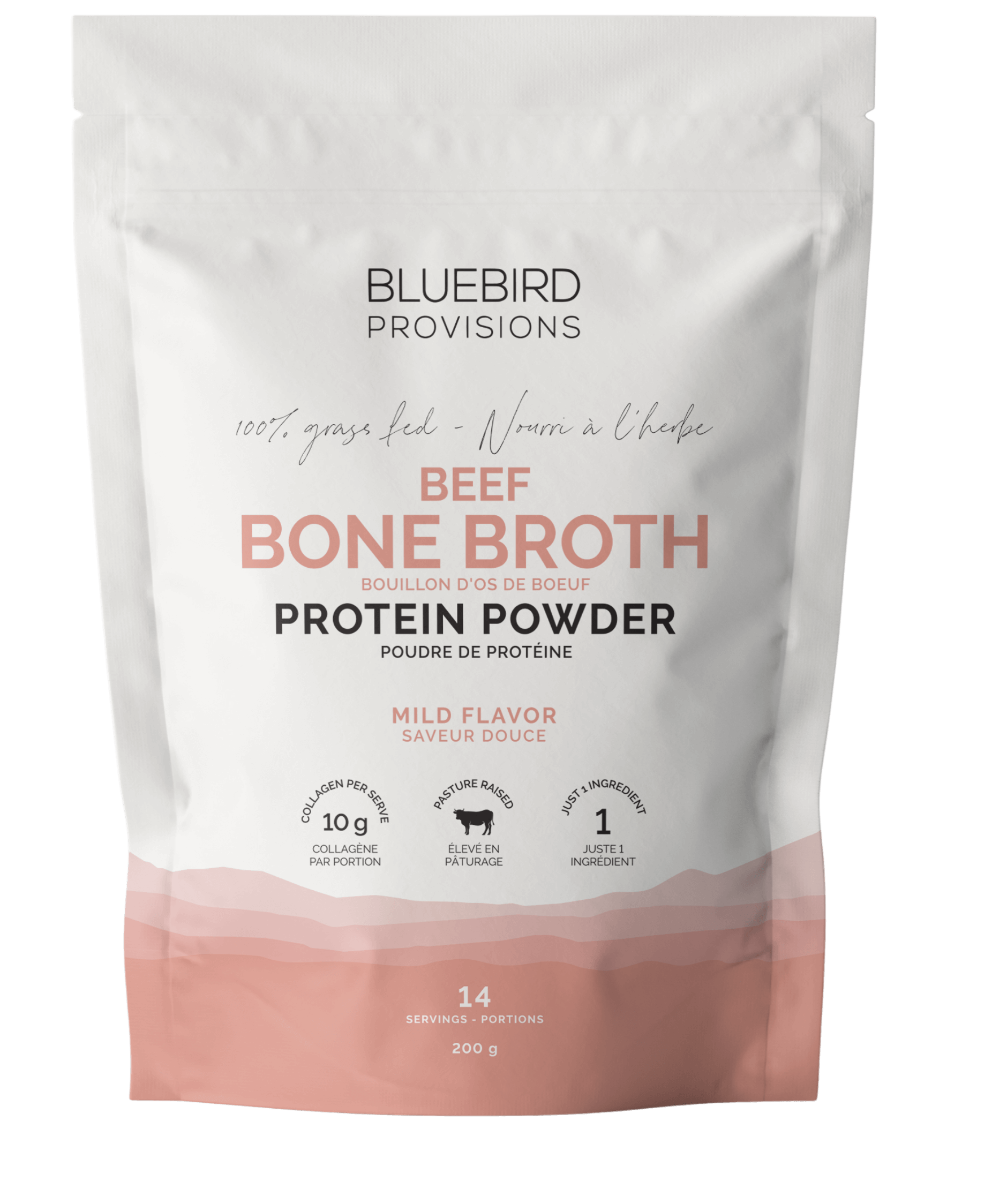





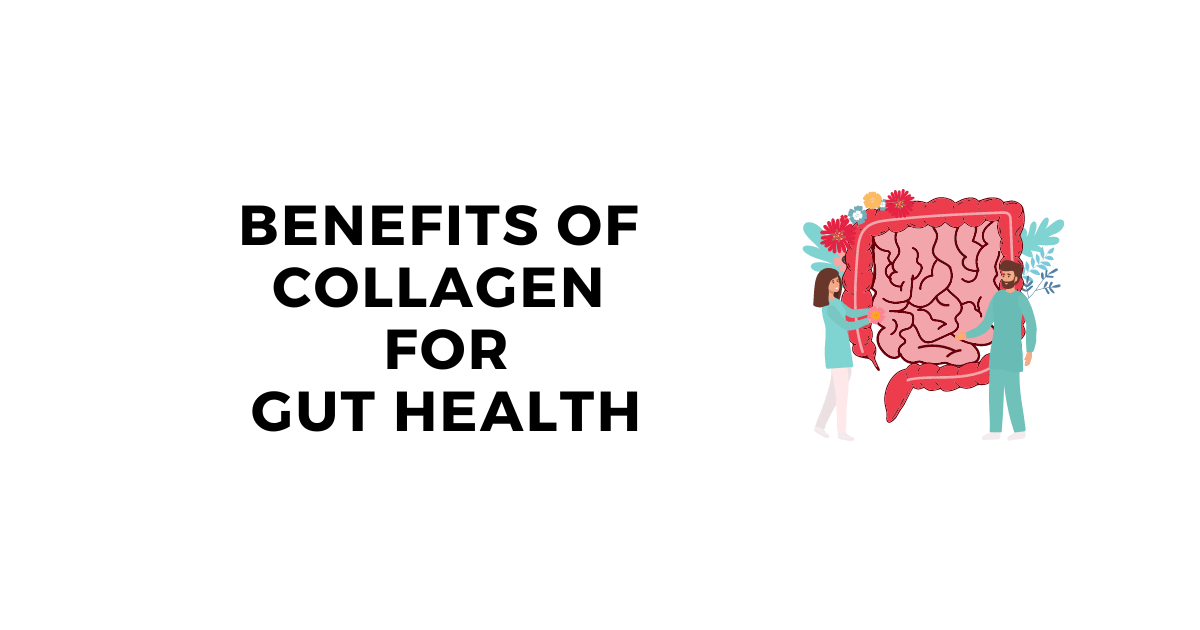
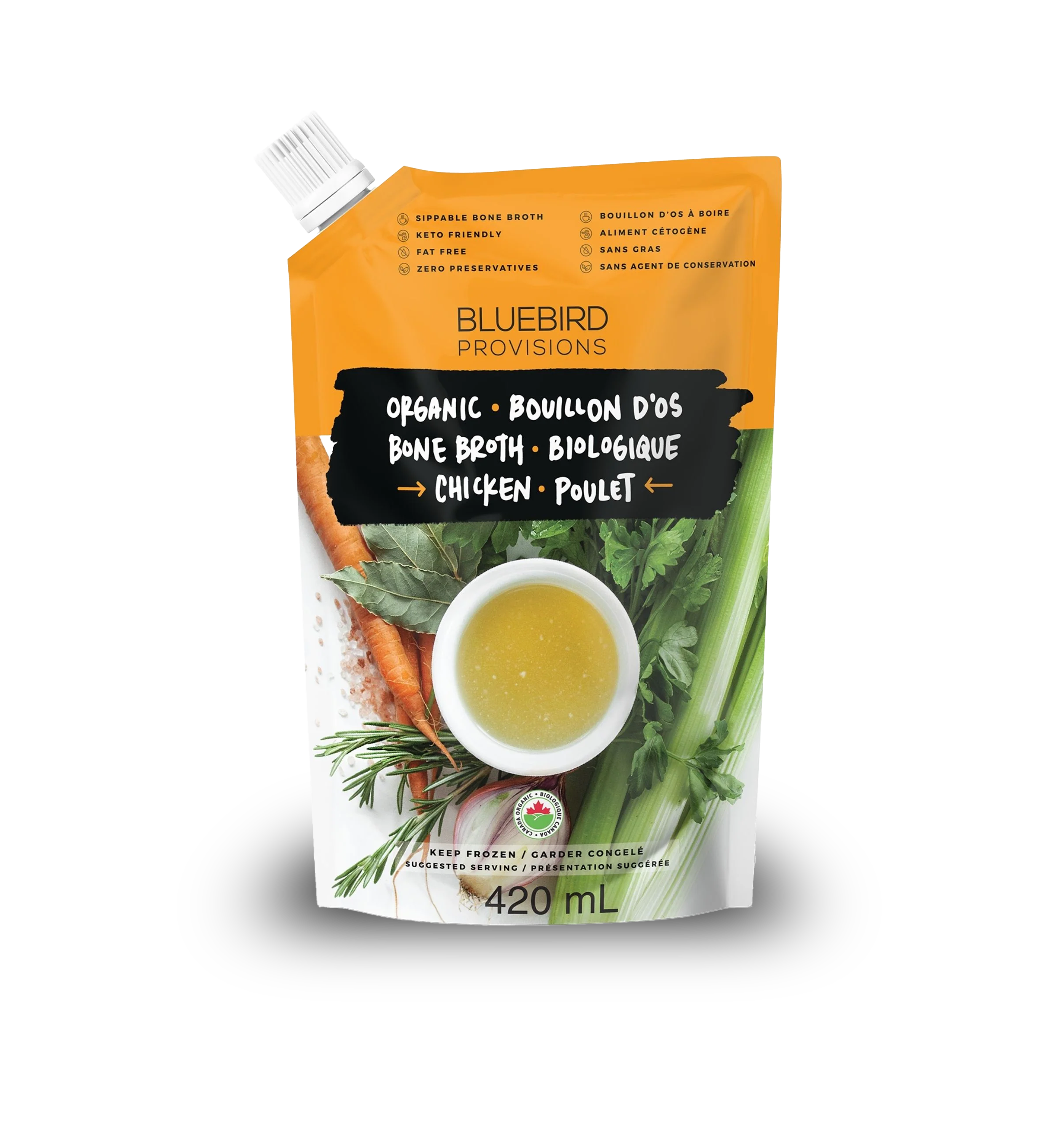

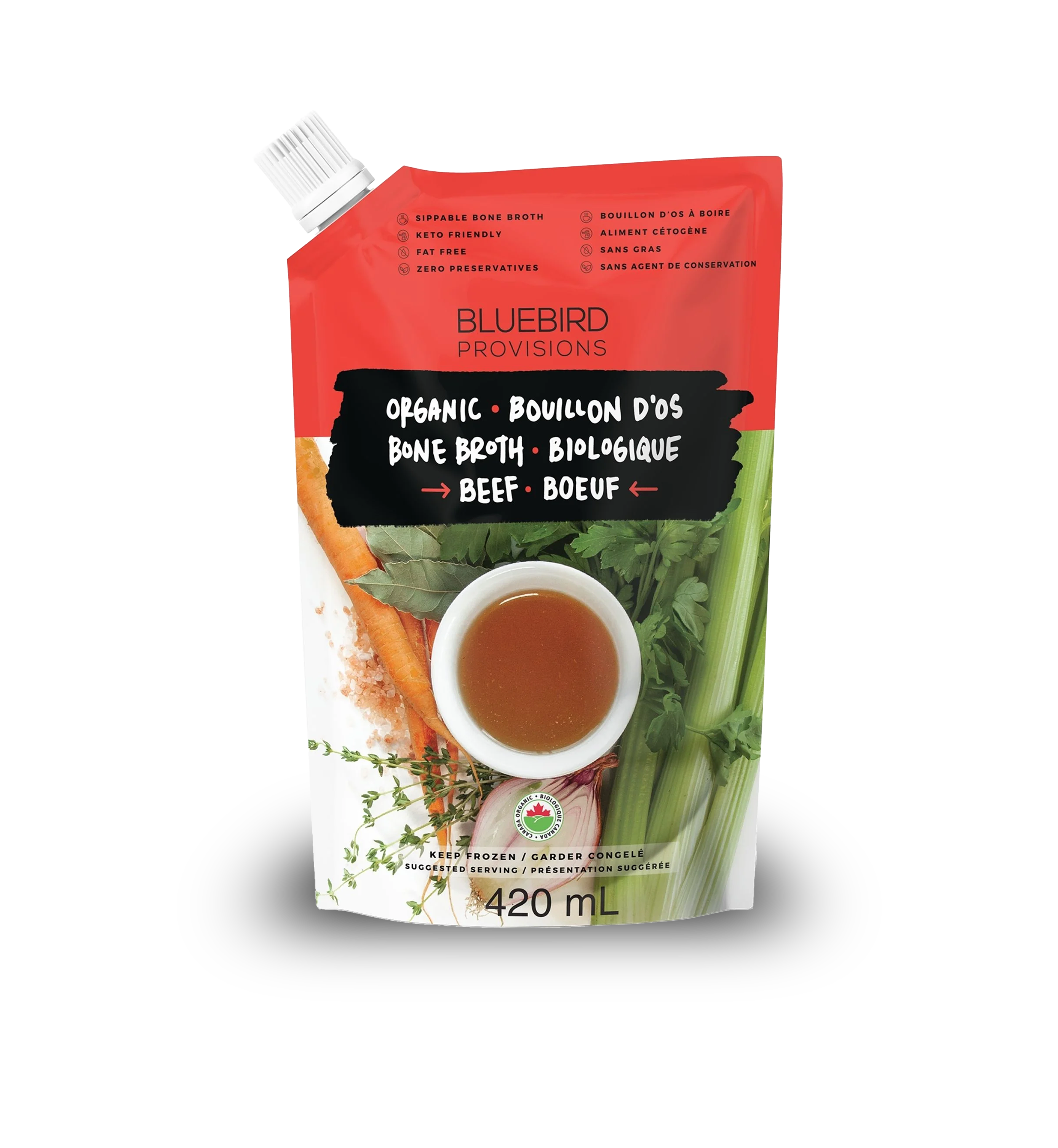



2 comments
Thank you for the straightforward, detailed information without the hyperbole. It’s refreshing to have information presented logically and allowed to speak for itself. I like the quality of Bluebird Provisions’ bone broth but, despite its mild taste, I don’t care for it on its own. I’ve ordered the recipes so I can start enjoying the benefits in a way I will enjoy. Thanks.
Dave M
Thanks for all this information! Now I know what I’ve had for years! I have the one pkg of bone broth powder I bought from you. Now I need to take it daily! This email with all this information let me know I need to drink this seriously everyday. I’m ordering more today!
Doris Corea
Leave a comment
This site is protected by hCaptcha and the hCaptcha Privacy Policy and Terms of Service apply.